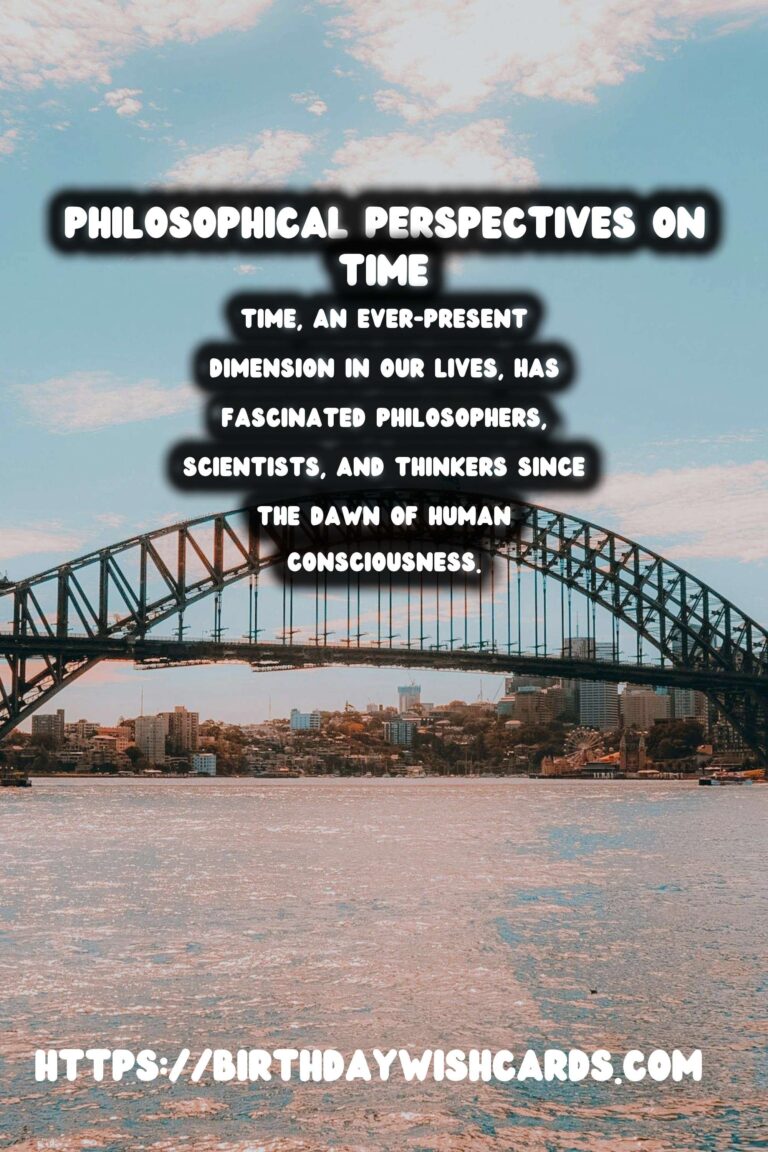
Time, an ever-present dimension in our lives, has fascinated philosophers, scientists, and thinkers since the dawn of human consciousness. The concept of time encompasses various dimensions—from its practical implications in daily life to its profound philosophical ramifications. Throughout history, humanity’s understanding of time has undergone significant transformations, influencing the way societies perceive reality and human existence.
Early Philosophical Ideas on Time
In ancient times, time was closely linked with the cycles of nature—the rotation of the sun, the changing seasons, and the phases of the moon. Ancient philosophers like Heraclitus proposed that time was a constant flow, famously stating, ‘You cannot step into the same river twice,’ emphasizing the transient nature of existence.
Plato, on the other hand, saw time as a mere representation of the eternal world of forms, a moving image of eternity, while Aristotle viewed it as a measure of change. These philosophical ideas laid the groundwork for future explorations into the nature of time.
Time in Medieval and Renaissance Thought
The medieval period witnessed a synthesis of ancient philosophical ideas with theological doctrines. St. Augustine famously mused about the nature of time in his Confessions, pondering the concepts of past, present, and future, and their relation to human perception and divine eternity.
During the Renaissance, a resurgence of classical learning prompted a renewed interest in time’s philosophical implications. The era saw advancements in scientific thought as well, with figures like Galileo and Newton investigating time as part of the burgeoning scientific method. Newton’s Principia Mathematica outlined a view of absolute time, which flowed uniformly irrespective of external events.
Revolutionary Theories: From Relativity to Quantum Mechanics
The 20th century brought about revolutionary changes in our understanding of time, primarily through the works of Albert Einstein. The theory of relativity proposed that time is not a constant, but is relative and interconnected with the fabric of space. This fundamentally altered the human understanding of the universe and introduced the concept of spacetime.
Quantum mechanics further complicated our understanding of time, introducing phenomena where events can be instantaneously linked, challenging classical notions of temporal causality. Philosophers and scientists continue to debate the implications of these discoveries on our conceptualizations of time and reality.
The Philosophical Significance of Time
The study of time crosses disciplinary boundaries, blending philosophy, physics, psychology, and even art. Philosophical discourse questions whether time is real or an illusion, whether it is linear or cyclical, and what implications it has for free will and the human experience.
Narratives about time often prompt introspection about life’s meaning and our place within the universe. The existential questions surrounding time—its beginning, its end, and its very nature—continue to inspire and challenge human thought.
Conclusion
The history of time is a profound journey through intellectual history, reflecting humanity’s quest to understand an integral component of reality. Its philosophical significance lies in the perpetual exploration of time’s essence and its impact on human consciousness and existence. As our scientific understanding of time evolves, so too will our philosophical inquiries, ensuring time remains a central subject of contemplation and discovery.
Time, an ever-present dimension in our lives, has fascinated philosophers, scientists, and thinkers since the dawn of human consciousness. The study of time crosses disciplinary boundaries, blending philosophy, physics, psychology, and even art. 
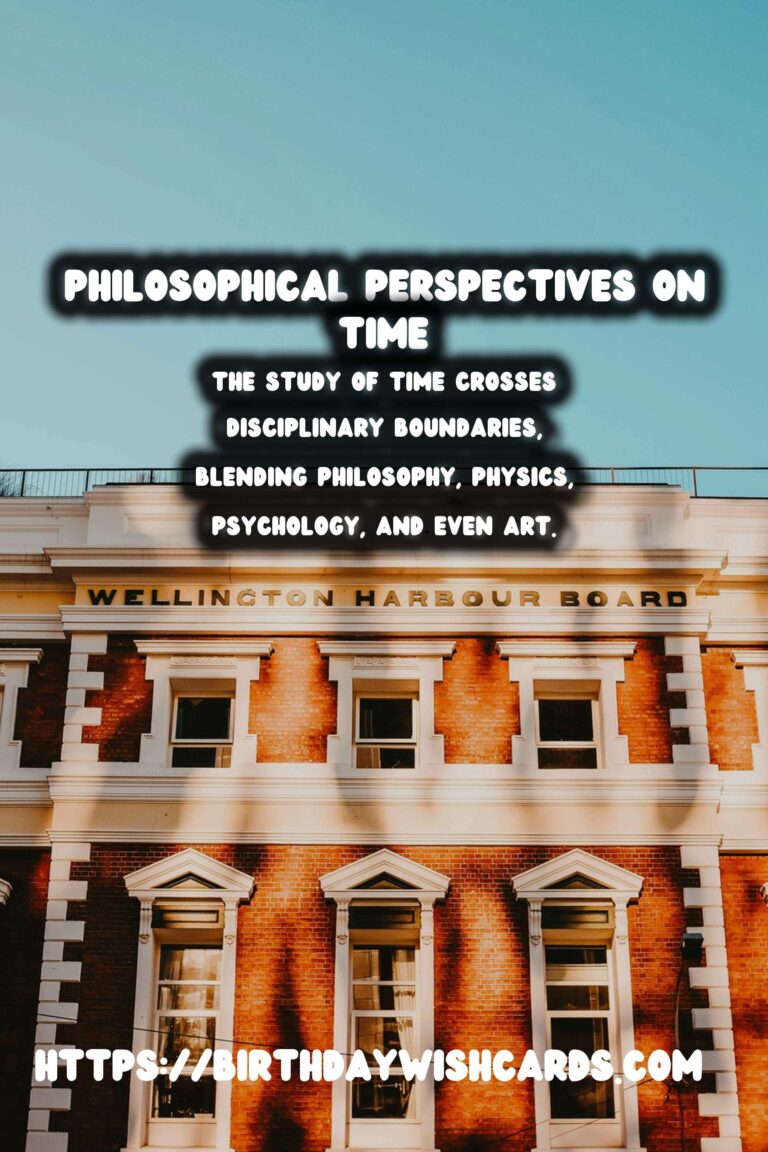
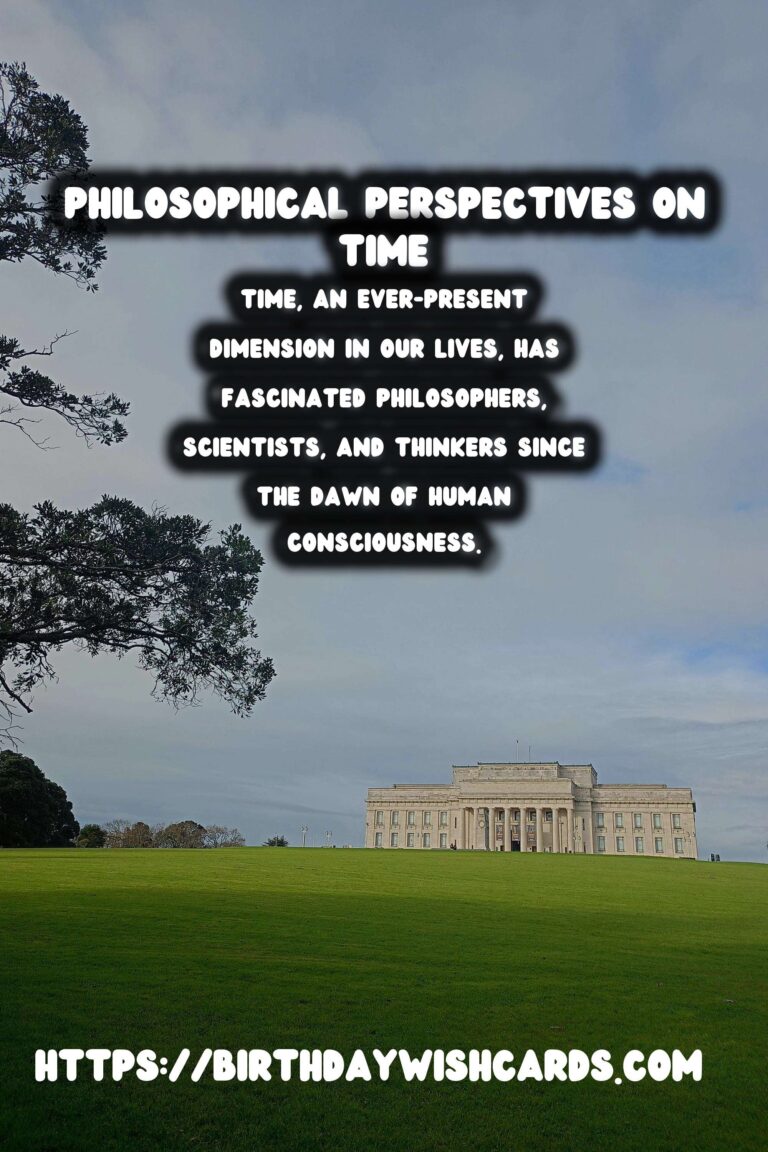
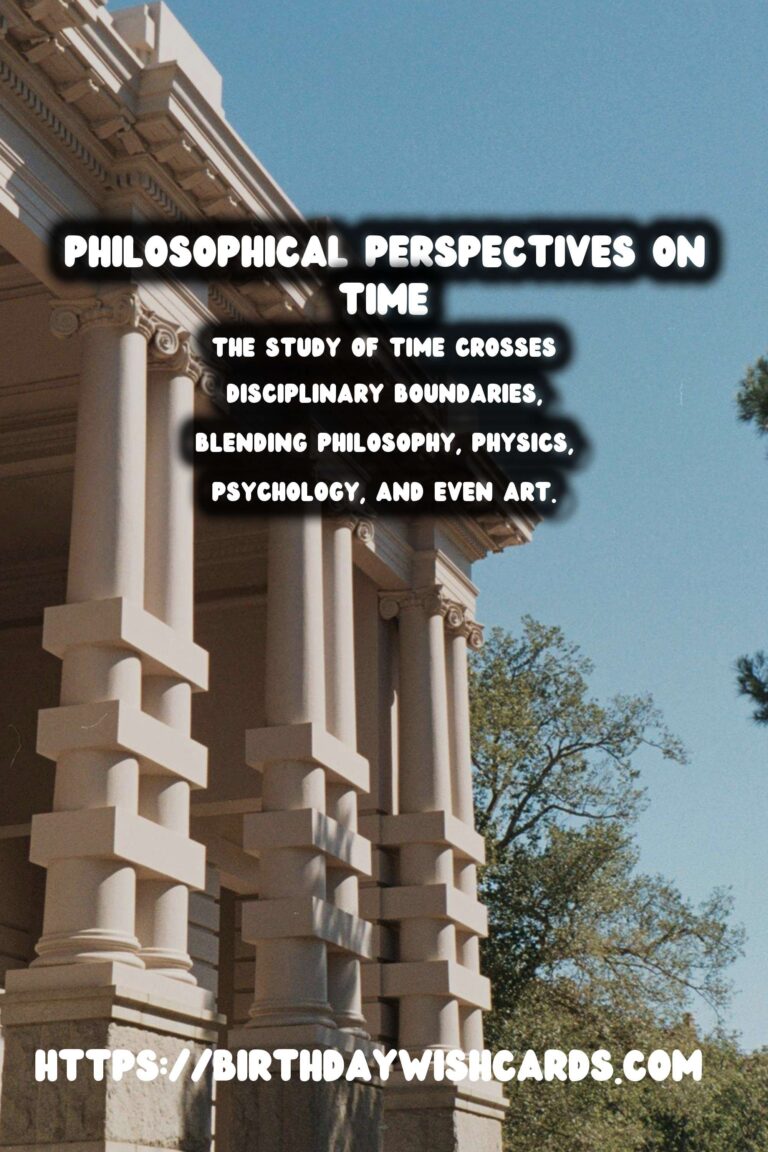
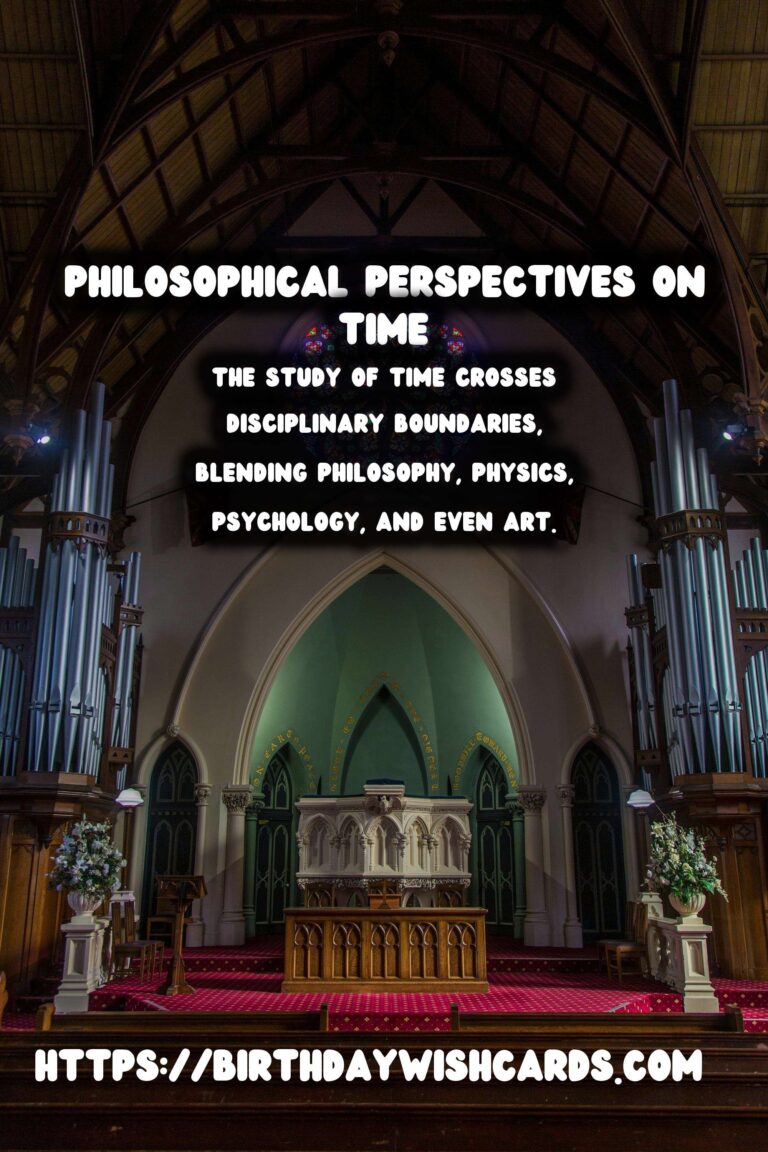
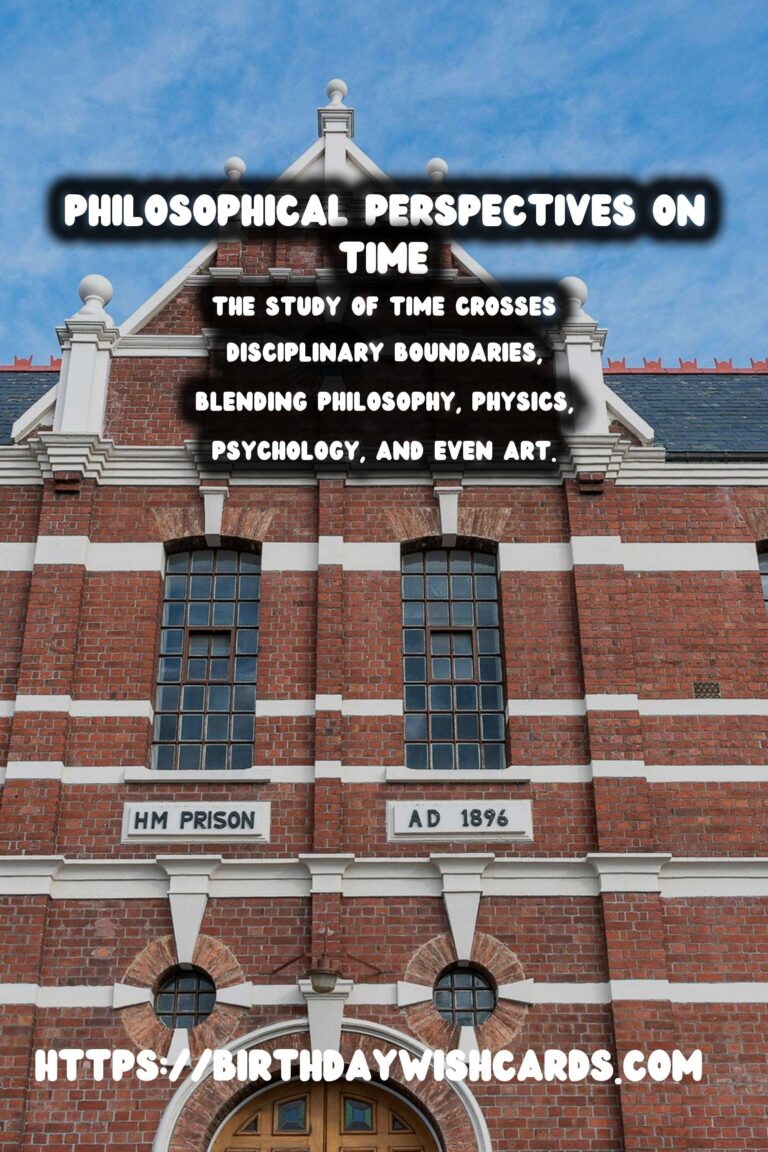
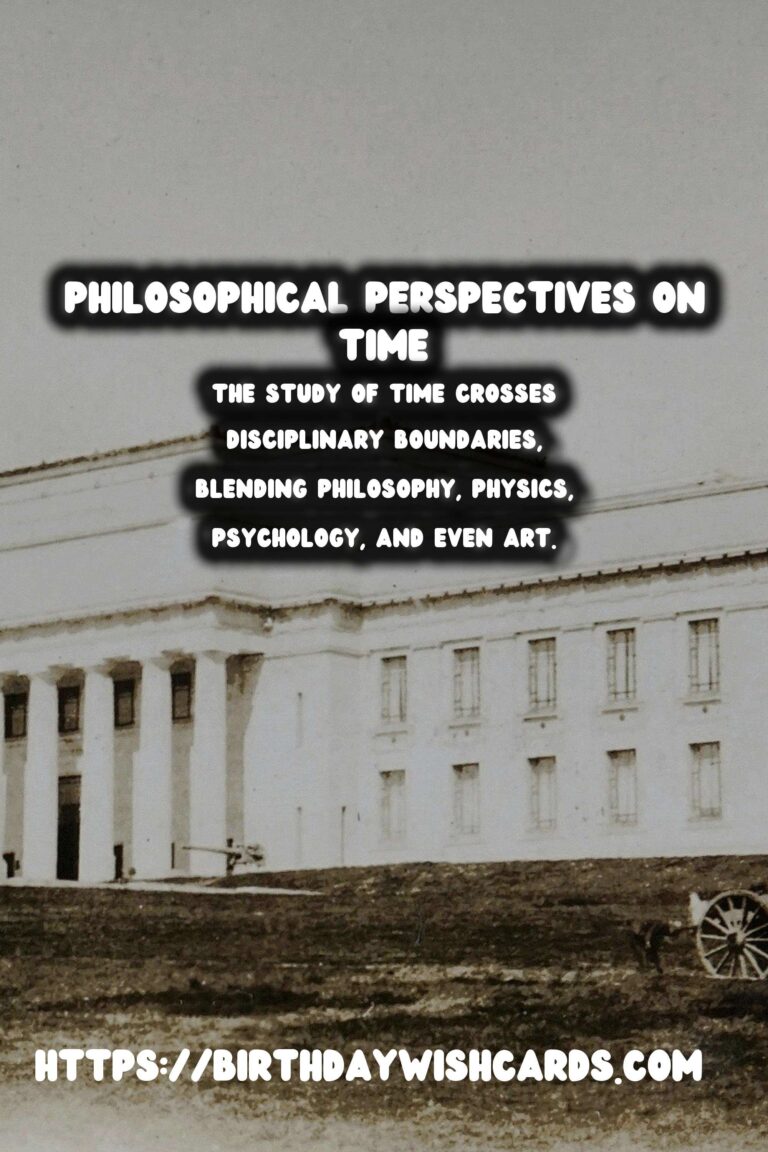
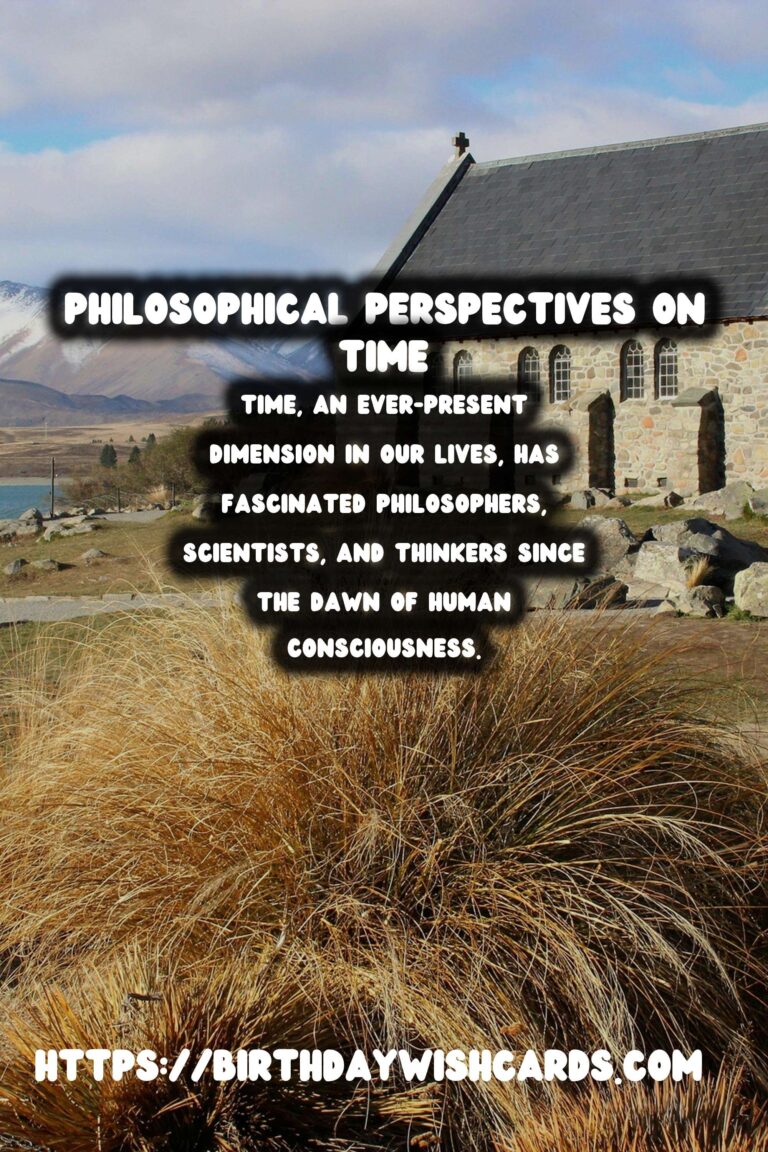
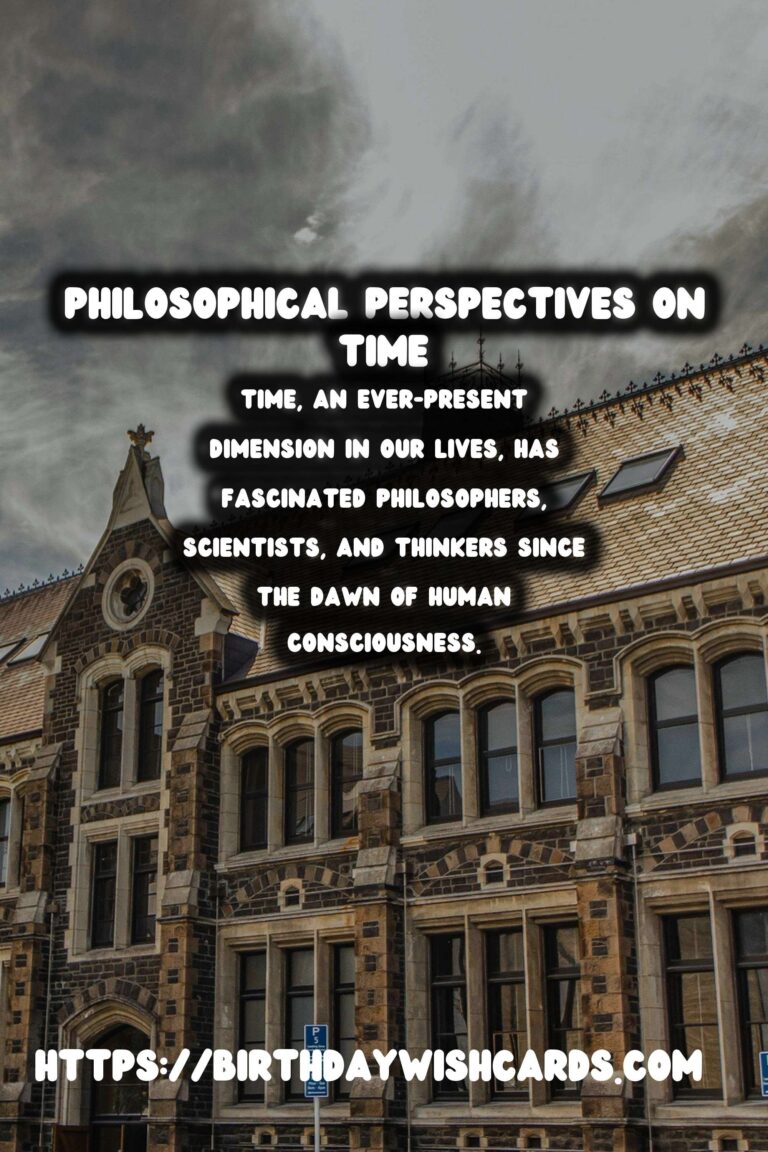
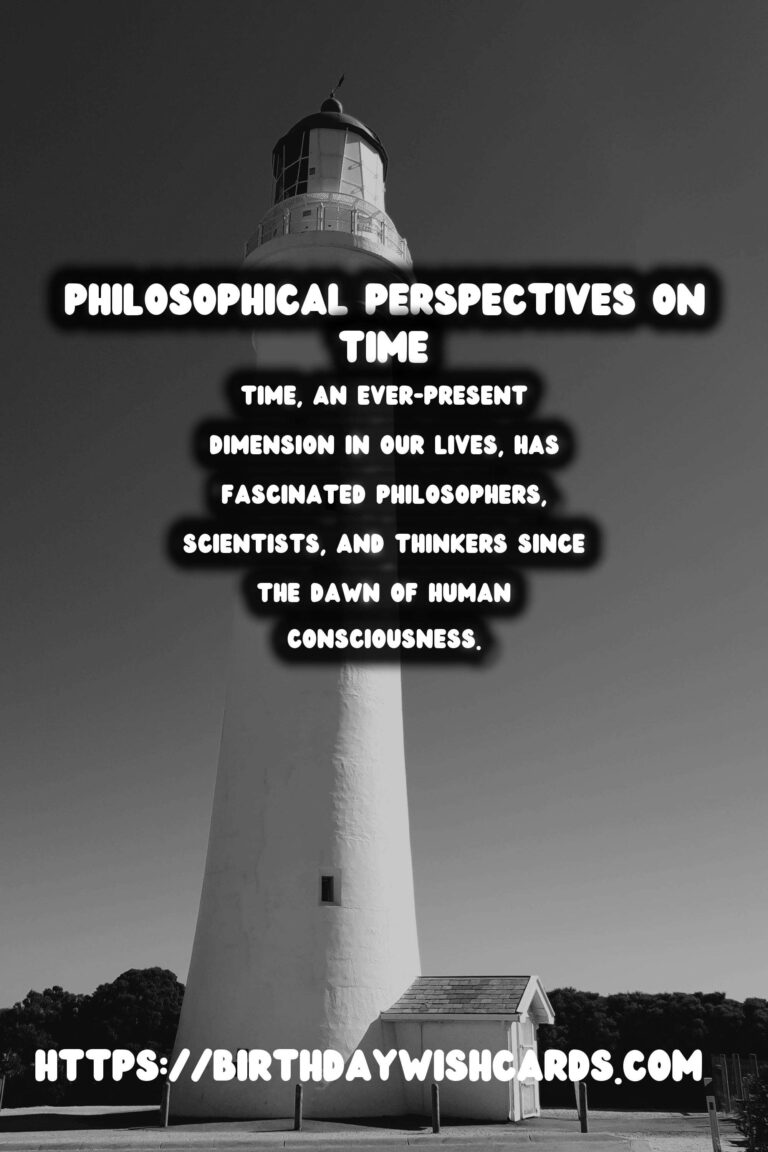
#Philosophy #Time




